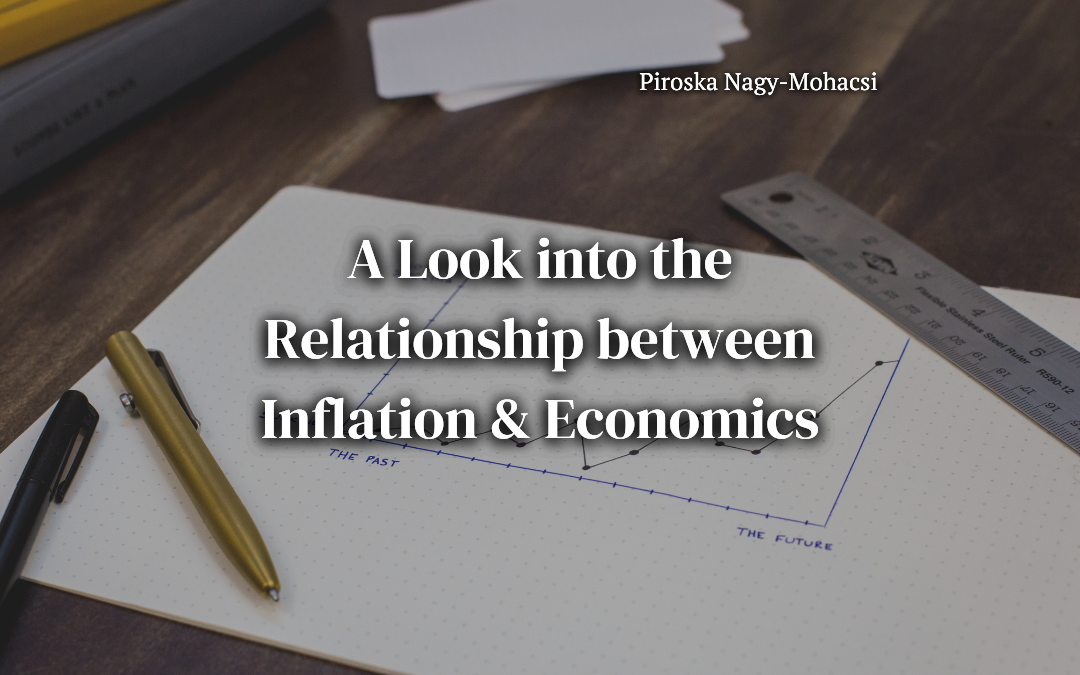Most pundits on television news shows argue that inflation is always a bad thing. This is not always true. Inflation is the increase in the price of goods and services on a nominal basis. An item that costs $100 this year might cost $105 next year. This 5% increase is an example of inflation. When there is high demand, inflation can ensue. Sometimes, inflation can be tied to a single sector of the economy. At other times, inflation can be more widespread. When demand for goods and services drops, a deflationary environment can ensue. Deflation usually means that an economic recession is taking place. Therefore, moderate inflation is usually viewed as preferable.
Good Inflation
The Federal Reserve attempts to keep inflation around 2%. This keeps the economy growing without having consumers wait to make purchases in hopes that the price will drop. Low levels of inflation around the Fed’s desired rate can help borrowers. Those with a 30-year mortgage will see the relative cost of the loan drop over its term because they are paying with present-day dollars on loans made with more valuable dollars in the past. As long as their wages are able to keep up with inflation, the amount going to paying off the loan will make up a lower percentage of household income.
Problematic Inflation
A loose monetary policy in which central governments flood the market with currencies as the dollar can lead to higher demand and higher prices without actual economic growth. This was the experience of the United States during the period of stagflation in the 1970s. Additionally, inflation can make it difficult to save for those who do not see their income level keep up with the rate of inflation. These people will also have to make choices as the price of necessities increases. Higher rates of inflation make this more likely.
Most economists argue that some inflation can be good for the economy. It helps debtors by making their debts cheaper in relative terms compared to when they took out their loans. However, when inflation gets too high, people will have more trouble buying and saving, which can lead to economic contraction.
